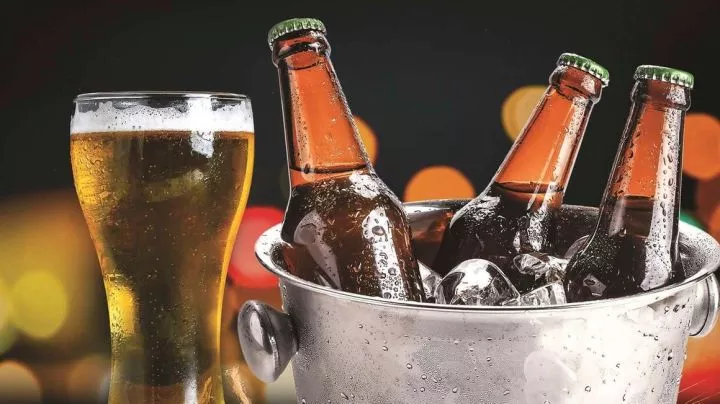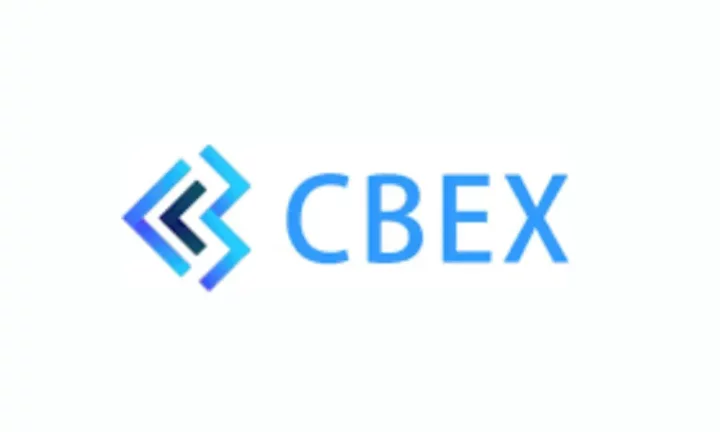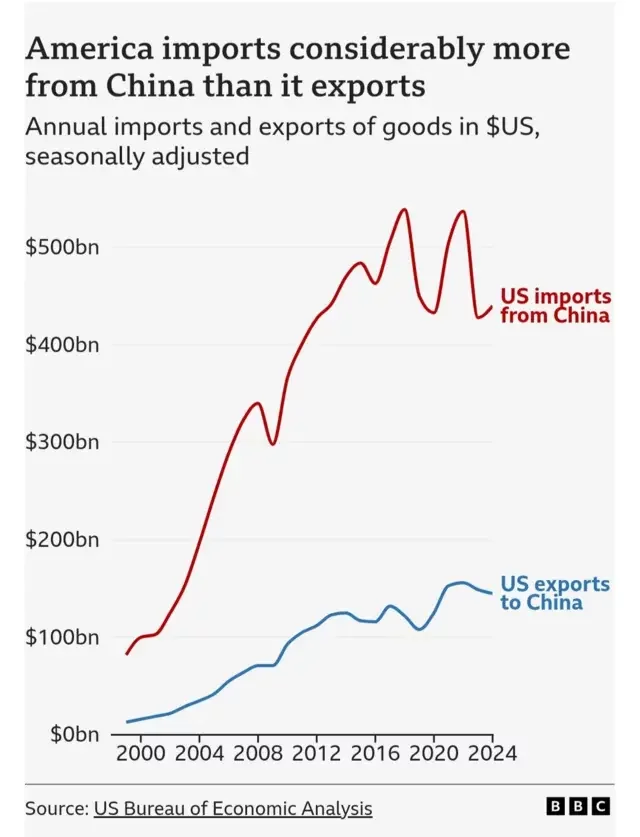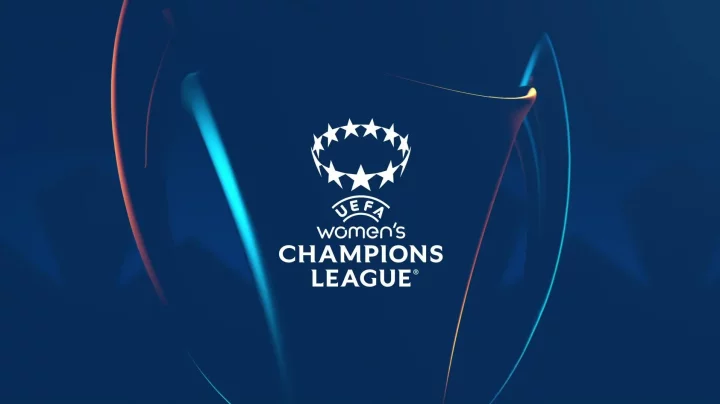
Changing social lifestyles and increasing competition in Uganda's alcohol market have created a huge pool of young drinkers with a fickle taste for products.
Ugandan brewers, once known for maintaining market loyalty through single products, are now battling to retain a restless pool of drinkers, who keep changing tastes.
The producers are having to contend with these shifting consumer tastes coupled with harsh economic conditions that are also forcing drinkers to cut back on spending.
This is uncharted territory for these companies. In the past, local beer consumers often paid allegiance to a single product. But a fast-growing youth population, changing social lifestyles and increasing competition in Uganda's alcohol market have created a huge pool of young drinkers with a fickle taste for products.
More than half of Uganda's population, estimated at 45.9 million, is under the age of 35, according to preliminary results of the latest national population and housing census conducted in May this year.
The local alcohol market is dominated by two European multinationals, but a steady influx of smaller players producing spirits and wines targeted at young consumers has triggered fierce competition in the market.
"We have seen a growing preference for drinking choices driven by different occasions. For example, some people choose to drink Tusker Lite on Monday because they've got a busy day ahead but will settle for a Johnny Walker on Friday while hanging out with friends. The same person will drink Baileys on Saturday evening while hanging out with a special friend.
"We allocated more than Ush20 billion ($5 million) for advertising activities this year," said Emmy Hashakimana, Commercial Director at Uganda Breweries Limited, a subsidiary of East African Breweries Limited (EABL).
It is forcing traditional producers back to the drawing board. And they are asking themselves tough questions about promotional strategies in a market that relies heavily on aggressive marketing to drive sales.
They wonder whether social media is effective for engaging with a poor but huge youth population. Or what message is most persuasive to retain loyalty.
"We have not done any studies on changing consumer tastes, but we have noticed new behaviour traits through social observation," said Emmanuel Njuki, Corporate Affairs Manager at Nile Breweries Limited.
"For example, when someone hosts you somewhere, you are most likely to drink whatever beer they prefer for that occasion. But when you go to your favourite hangout, you will certainly buy your favourite beer brand without hesitation. We have seen similar trends in fashion wear choices. People often choose to wear different attire while attending funerals, church services and wedding parties."
Total sales revenues registered by Uganda Breweries Limited, for example, rose by seven percent to Ush384 billion ($102.6 million) by the end of June 2024 compared to the first six months of 2023. The firm's total expenses increased by eight percent to Ush293 billion ($78 million) by the end of June 2024, while profit before tax grew by five percent to Ush91 billion ($24 million) during the same period, according to company records.
"The alcohol market has changed a lot," argued Sam Mugenyi, a local hotel owner.
"Those who were 20, 25 and 30 years of age in the past have become different people today in terms of lifestyle choices. Waragi used to be despised as a drink meant for poor people but that attitude has changed over the years. The corporates also drink Waragi whenever they choose to relax."
















Comments